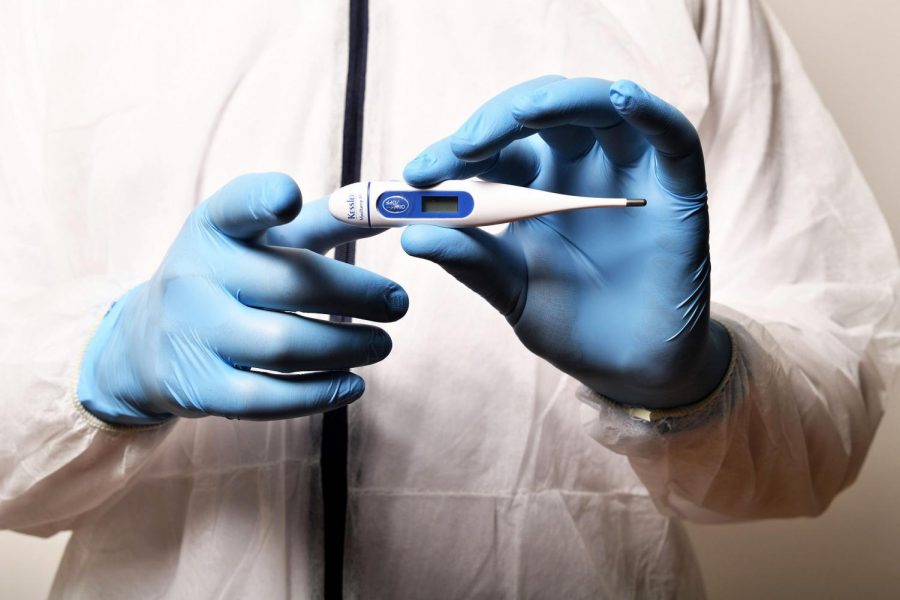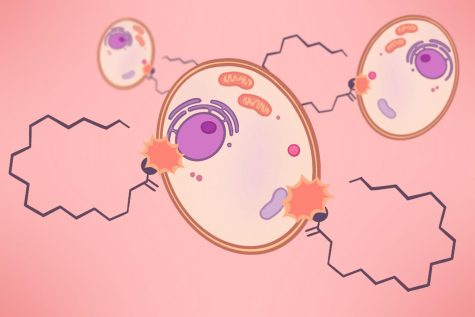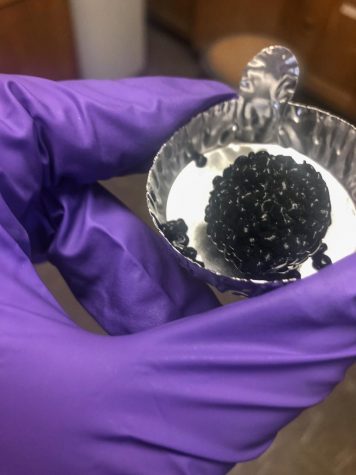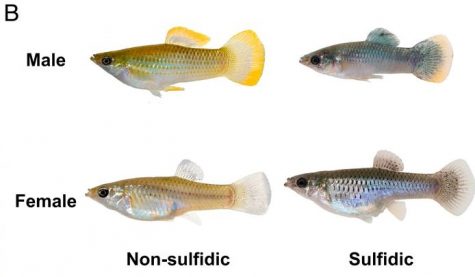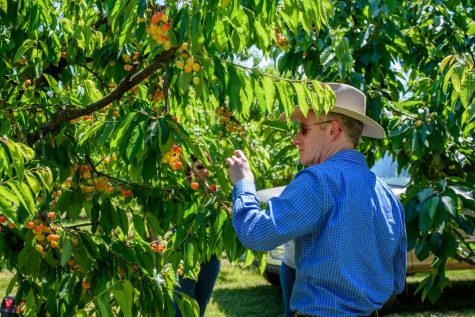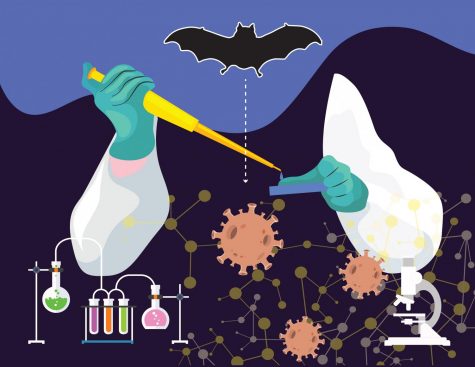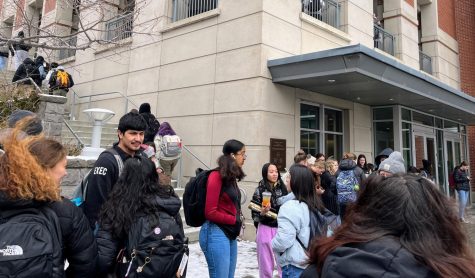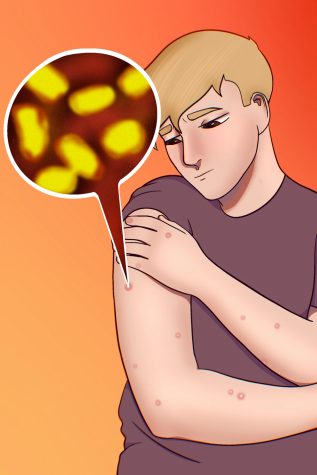Local agencies prepare for COVID-19
Pullman hospital staff begin to conduct several drills to prepare for viral outbreaks
While cases of the novel coronavirus continue to increase, several public health officials and medical providers on the Palouse are preparing for the outbreak.
Previously known as the novel coronavirus, the new strain of the virus was renamed COVID-19 two days ago by the World Health Organization.
Peter Mikkelsen, Pullman Regional Hospital ER medical director, said the hospital uses a negative pressure room so doctors can safely evaluate patients showing symptoms of COVID-19. The hospital used the room once since the start of the outbreak, he said.
In addition to equipment, the hospital staff conducts several drills to prepare for viral outbreaks, Mikkelsen said. Hospital staff also ask patients what countries they have recently traveled to.
The threat of contracting COVID-19 in Pullman is low, Guy Palmer said, regents professor of pathology and infectious diseases and senior director of global health for WSU.
“Whenever a new virus emerges, there’s a great deal of uncertainty,” Palmer said.
He said some of the uncertainty arises from questions such as how quickly will it spread, how many people will be hospitalized and how many people will die from the disease.
Bonnie de Vries, medical director of Cougar Health Services (CHS), said CHS also has prepared for the virus by following screening protocols published by the Centers for Disease Control and Prevention.
None of the students who visited CHS have needed to be tested for COVID-19, she said.
Ellen Taylor, WSU associate vice president for student engagement, said one of the most important things is to ensure people have accurate information when a new infection begins.
De Vries sent a campus-wide email last month to let students be aware of COVID-19 developments, Taylor said.
“We want [students] going to the CDC website because that really is the place to get the most up to date information,” Taylor said.
De Vries said CHS works with campus partners to plan for outbreaks like this. CHS also works with emergency management and the Dean of Student’s Office as well as housing and dining.
De Vries said the coronavirus is a family of viruses, which primarily causes the common cold in humans.
“I think probably every one of us in this room has had multiple coronavirus infections,” she said.
Troy Henderson, Whitman County Public Health director, said the county takes an all-hazards approach to preparedness.
“It’s less planning and looking for a specific type of incident, but rather just being ready in general,” Henderson said.
The Whitman County Public Health department also relies on information from the CDC and the Washington State Department of Health, he said.
Henderson said he has witnessed similar outbreaks around six or eight times in the last 20 years during his public health career.
There were 15 U.S. cases of COVID-19 as of Feb. 13, according to a report from NBC News.
About 1,300 people have died from COVID-19 since December, according to a report from CNN.
Henderson said people should worry more about the seasonal flu. The flu kills about 600,000 people globally each year and over 12,000 people in the U.S, he said.
“It’s a significant communicable disease that we have a vaccine for,” he said. “It varies from fairly effective to quite effective even then, a lot of people choose not to get it.”
Palmer said people should take the same precautions for COVID-19 as for the seasonal flu. Some precautions include washing hands, staying home if you feel sick and visiting a doctor if respiratory symptoms persist.
De Vries said CHS administered over 3,500 flu shots this year. The clinic offers flu shots year-round for students.
Palmer said facemasks do not protect one from getting the disease but protect from spreading infections. The virus is spread by picking it up on your hands then touching your nose or face.
“There would be no need for students, faculty or anyone in the community to be buying face masks,” Palmer said.
Infectious disease specialists use data to conduct research about past diseases, such as Severe Acute Respiratory Syndrome and Middle East Respiratory Syndrome. MERS and SARS are both strains of the coronavirus. MERS and SARS both came from animal sources, Palmer said.
Palmer said researchers are testing camels to find out their infection rate and how the MERS infection transmitted to people from camels.
To study the novel coronavirus, WSU recruited a new faculty member from the National Institute of Health. The faculty member will start this summer, Palmer said.

Madysen is a Senior journalism and media production major from Rosalia, Washington. She also is involved with Residence Life, the Association for Women...


